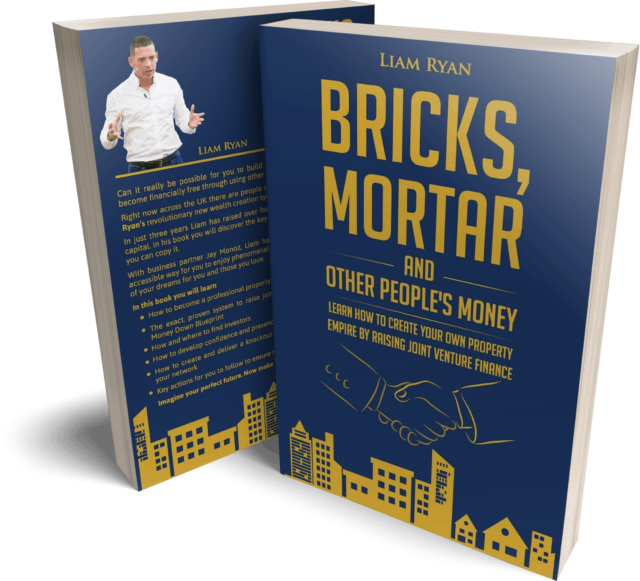How To Finance Your First Property Development Project in UK 2024

While many dream of making it big in property, what often stops them from pursuing their dream is their finances. Unfortunately, the myth that you need money in order to make money in property is still prevalent. The truth however is, anyone can get into property development with no money. You don’t need to have accumulated large sums of money in savings or have inherited a fortune to kickstart your property journey. We’re living proof that you can build a multi-million property portfolio without using a penny of your own money. Here’s how:
How to fund your first project without using your own capital
Joint venture finance
One of the most popular methods of funding your property development projects is joint venture finance. This involves financing a property development project through a third-party investor who puts in a percentage of the cost. The percentage often varies and can be 100% of the cost. Typically, investors will fund the project and the developer will do the work (sourcing deals, planning, letting, and managing).
How venture partnerships usually work:
✓ The investor will lend you money with a fixed rate return e.g. 10% per annum over 1-2 or 5 years.
✓ The investor lends you the money and also gets an equity stake in your business. A similar practice to what you may have seen on Dragon’s Den.
Development finance
Development funding companies such as Funding Circle are a great way to secure capital for property development costs. They often have some good rates and offer flexible repayment terms. The amount you are able to borrow is dependent on a few things such as your financial history.
It’s worth noting:
✓ Funding Circle usually has strict criteria and if you are a property development newbie, other options such as crowdfunder may be more viable.
Personal loan
Securing a personal loan is another great method of funding your first property development project. It’s usually much quicker to apply and receive funds. Plus, there are lots of options available from popular high-street banks such as Natwest. These types of loans are typically recommended for light refurbishments and smaller property development projects rather than heavy renovations.
It’s worth noting:
✓ As personal loans are usually unsecured (you don’t offer up a specific asset that can be recovered by the lender if you don’t pay back the loan) they tend to have higher interest rates.
✓ Your credit score and income will usually determine acceptance and rates.
Final words…
If you’re at the early stages of your property development journey, you’ve likely to be considering your funding options. We hope this breakdown of some of the most popular ways to fund your first property development project without using your own capital has been useful. For more practical property advice and insights to help you build a successful property business, check out our YouTube page here.



